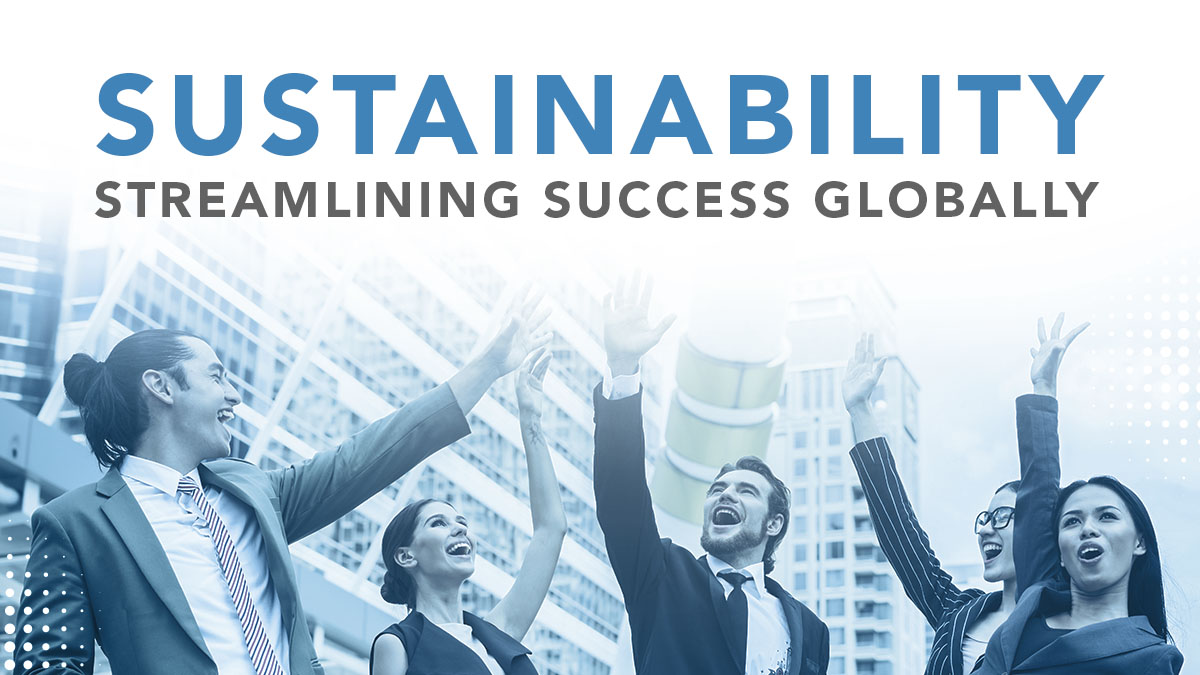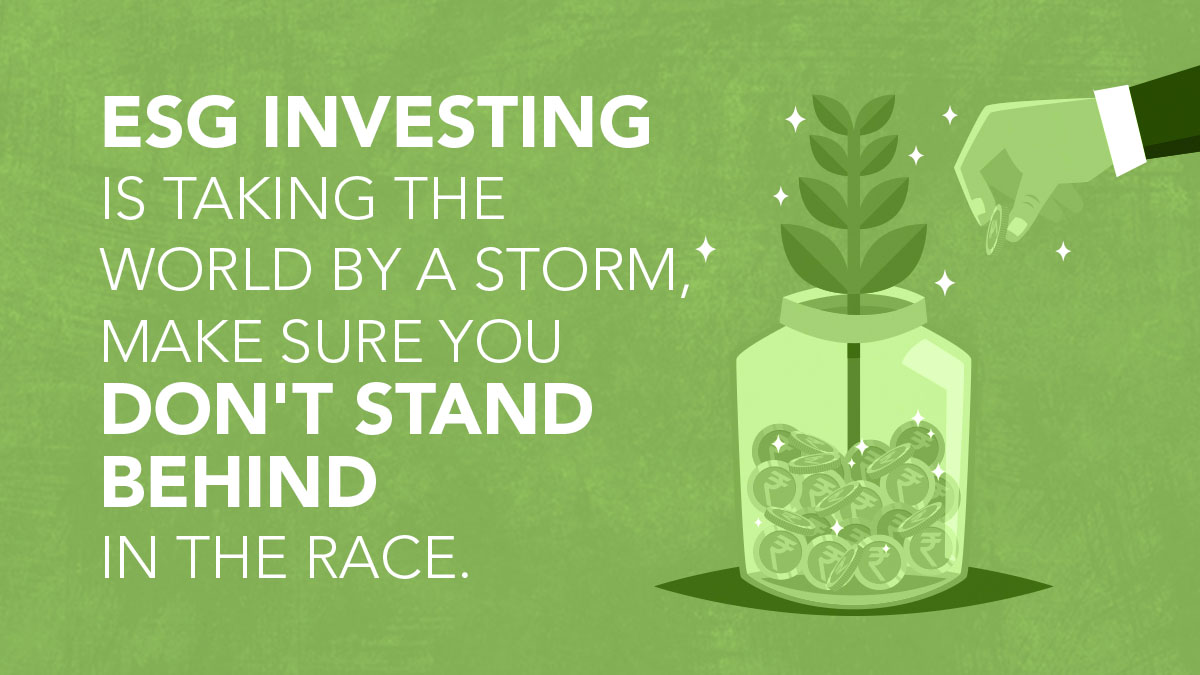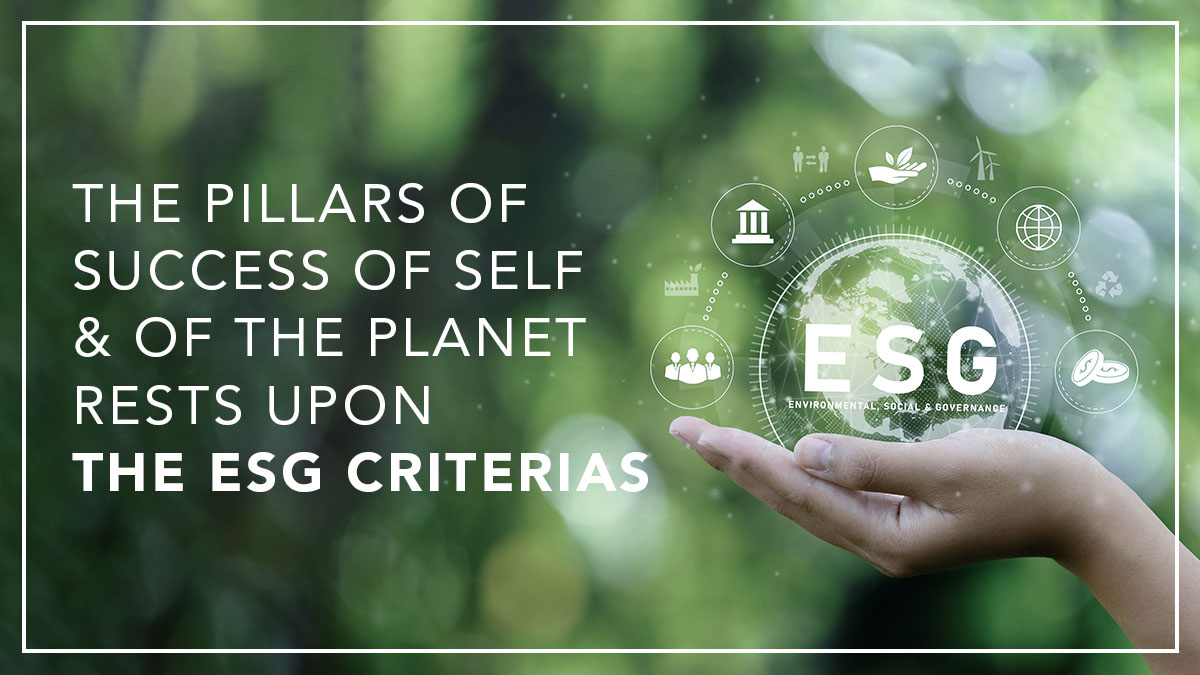In recent trends, the world has seen a massive shift towards building a sustainability view-point for all, especially businesses. Virtually almost all global trendsetter companies have now set on the paths of Sustainability, over 2000 companies have set a scientific upheaval against carbon emissions in their companies! (Source: HBR)
The world is moving at a very fast rate to tackle environmental degradation & do their bit for the climate crisis. One third of European businesses have already claimed to achieve Net-zero emissions by 2030.
This rapidly advancing trend seems to be a landmark first phase victory. No company in the world right now questions the relevance of sustainability in the business models, instead companies are becoming stronger and are taking bolder moves to improve upon their sustainability scores. Find your sustainability score with us!
To understand how sustainability helps businesses grow in a positive direction, read this excellent book by Polman & Winston.

Let us first understand what ESG is before we delve into finding details of the ESG criterias.
What is ESG?
“ESG is a generic term used in capital markets & is used by investors to evaluate corporate behaviour & to determine the future financial performance of companies.” It adds that ESG “is a subset of non-financial performance indicators which include sustainable, ethical & corporate governance issues such as managing a carbon’s footprint & ensuring there are systems in place to ensure accountability.”
(Source: Financial Times Lexicon)
ESG is becoming a mandate across the world especially for businesses to perform sustainably so as to reduce impacts leading to climate crisis, minimising gaps in social diversity & adequate compliance to Governance attitudes. This ensures a transparent system that generates trust, better risk management, increased profits, unperturbed business growth through careful practices.
What is ESG Investing?
ESG accounts for a type of investing called ‘sustainable investing’. The major investing corporations have now moved in the direction of investing in companies that comply with the ESG norms. ESG investing is a broader term, it means that investors are now increasingly interested in investing in companies who promise adequate sustainable business models. The investors do not want a turbulent business atmosphere and with the increasing stakes of sustainability in business, nobody wants to be caught off-guard.

What are the criterias of ESG?
The term ESG stands for Environmental, Social & Governance. It literally provides you with the framework of developing a sustainable business. Let us look in detail at what these three criterias suggest.
Environmental
Environmental criteria has become very important especially in today’s times because we are currently living in the middle of a climate crisis. The impact of a company’s manufacture & operations on the environment requires adequate attention & there should be governed to minimum basics. Many countries are now moving in the direction of achieving net zero emissions & soon the entire business world will be processing a Sustainability conversion that would be central to business growth models. This criteria pertains to a companies’ handling capacity of their emissions, initiating a renewable energy operations mechanics, water usage, air impact, deforestation etc.
India aims to achieve net-zero emissions by 2070 and we cannot be more thrilled over this news. This entails that we as a country are at the least thinking in this direction. The weight of Sustainability conversion as a country becomes hefty for developing countries due to lack of awareness, resources & education in general.
Social
The Social segment of ESG is about the people. There are many issues that pertain to the Social segment but the top-ranks are given to social equity & social diversity at workplaces. Social Equity has been a mishandled conception, even in recent days & it becomes very important justly allocate time & resources on this as a company. Inclusivity & development go hand in hand & a business must never forget this. The key relationships of the company, on which it thrives upon is built through adequate attention provided to the work-force, partners & all kinds of stakeholders. Fair wages, capacity building workshops, sustiabbiluty classes, prevention of sexual harrasment at the workplace, hiring on the bases of Social diversity, better opportunities of growth for the employees, investing & funding organisations that work with underprovidleged communities, dveleoping & creating initiatives to aid the needy etc.
“A diverse mix of voices leads to better discussions, decisions, and outcomes for everyone.” — Sundar Pichai

Governance
G in ESG literally translates to how a company manages their governance & how much is it aware & motivated to take care of its people & partners. The various stakeholders of the company make up the governance segment of a company & it is usually a mirror of how a company is, in essence. Additionally, governance also means adherence to national & international policies & protocols. Transparency, up-to-date sustainability accounting, relationships with partners & stakeholders of the company are norms that all businesses must respect & align by for a successful setup. A good governance setup requires patience, a constant urge to do better & to build success for all & not just self-interests.
We have spoken about Sustainability, ESG & its norms too many times in our various articles. Find them here & brush your learnings by staying up-to-date!

